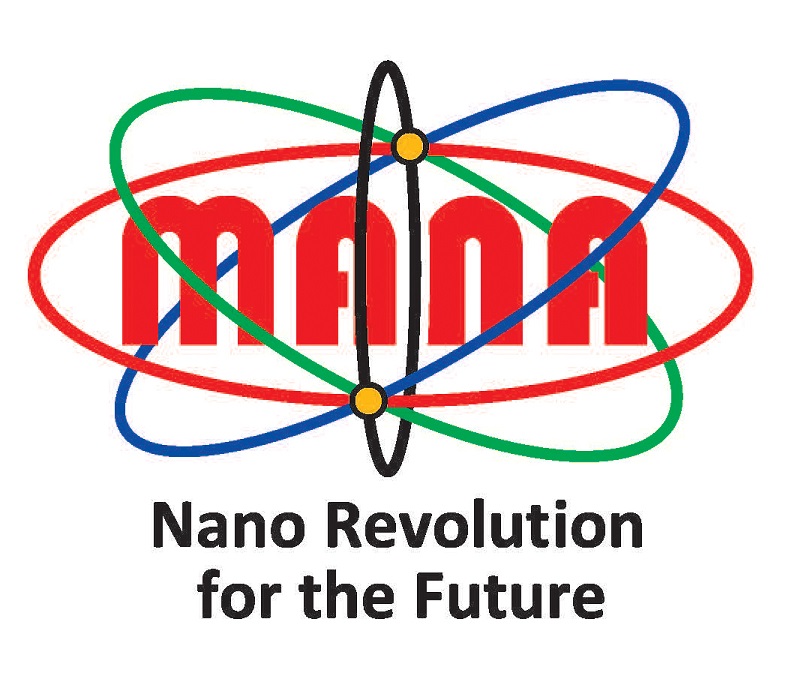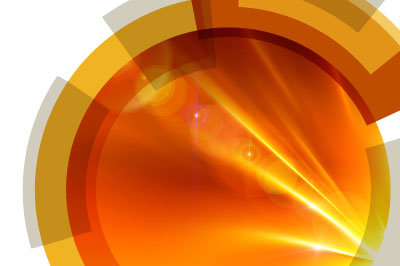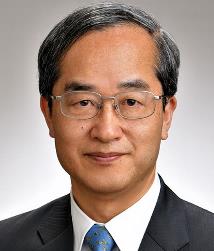 Yasuhiko Arakawa, The University of Tokyo, Japan
Yasuhiko Arakawa, The University of Tokyo, Japan
Yasuhiko Arakawa received his PhD degree in Electronics and Electrical Engineering from the University of Tokyo in 1980. He immediately joined The University of Tokyo as an assistant professor and became a full professor at the Institute of Industrial Science (IIS) in 1993. He is now Director of the Institute for Nano Quantum Information Electronics and the IIS-Center for Photonics and Electronics Convergence at the University of Tokyo. He is currently the President of International Commission for Optics (ICO) for the term of 2014-2017 and a foreign member of US National Academy of Engineering. He has received several awards, such as Leo Esaki Award, Fujiwara Award, IEEE/LEOS William Streifer Award, Medal with Purple Ribbon, IEEE David Sarnoff Award, C&C Award, Heinrich Welker Award, OSA Nick Holonyak Jr. Award, JSAP Isamu Akasaki Award, and Japan Academy Prize.
Talk title - Advances in quantum dots for photonic device applications
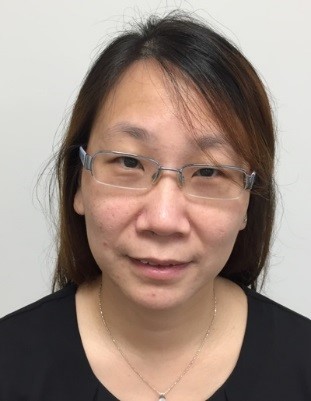 Lay-Lay Chua, National University of Singapore, Singapore
Lay-Lay Chua, National University of Singapore, Singapore
Lay-Lay Chua received her B.Sc. degree in Chemistry from National University of Singapore. She completed her Ph.D. in Physics at the University of Cambridge in 2007. She was awarded Inaugural Dual-University Assistant Professorship between NUS and Cambridge, and began her independent academic career at National University of Singapore in 2008. She is now Associate Professor. She serves as editorial and advisory board member of Journal of Materials Chemistry A, B & C. Prior to her academic career, she worked in Semiconductor industry in Singapore (1996-2000); She is a member of Technical Staff at Bell Laboratories, Lucent Technologies, New Jersey, USA (2001-2002); Research Associate at University of Cambridge and also Research Fellow at National University of Singapore (2003-2008). Her research interests focus on materials and processing development to advance the science and technology of polymer organic semiconductors including organic polymer−graphene hybrids for advanced applications in organic electronics, polymer thermal electric generators and batteries, and also nonlinear optics.
Talk Title - Charge-doped polyelectrolytes for organic electronics applications
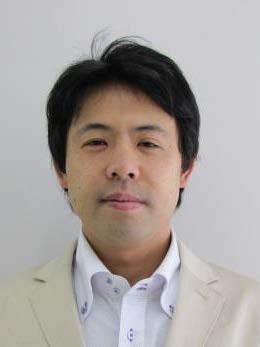 Ryoma Hayakawa , National Institute for Materials Science, Japan
Ryoma Hayakawa , National Institute for Materials Science, Japan
Ryoma Hayakawa received his PhD degree in Electrical Engineering from Osaka Prefecture University in 2006. Thereafter, he immediately moved to National Institute for Materials Science (NIMS) as a Japan Society for the Promotion of Science (JSPS) Fellow (2006-2008). He is now a senior researcher at International Center for Materials Nanoarchitechtonics (MANA) in NIMS through the following experiences: a postdoctoral researcher in Advanced Electric Materials Center (2008-2010) and in International Center for Young Scientist (ICYS) (2010-2012), and thereby an independent researcher in International Center for Materials Nanoarchitechtonics (MANA) (2012-2016). In addition, he had been to University of Konstanz in Germany as a visiting researcher (2014-2016). His current research interest is to develop new electronic devices by fusion of molecular electronics and silicon technology.
Talk title - Resonant tunneling devices with organic molecules as quantum dots
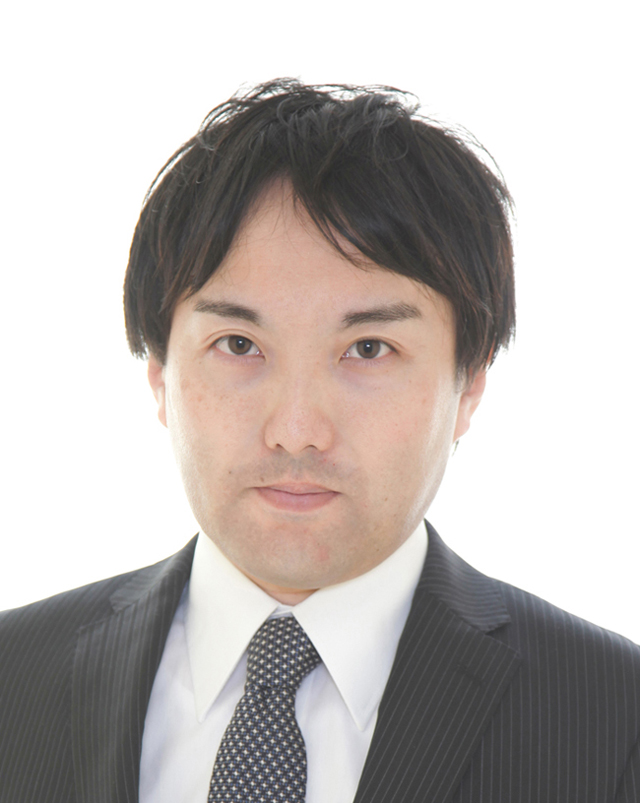 Shuzo Hirata , Tokyo Institute of Technology, Japan
Shuzo Hirata , Tokyo Institute of Technology, Japan
Shuzo Hirata received his Ph.D. in Applied Chemistry from Tokyo University of Agriculture and Technology in 2009 after his working at R&D Center at Fujikura Ltd. He carried out postdoctoral studies at Kyushu University, Fukuoka, Japan from 2009 to 2012. He is currently an Assistant Professor in the Department of Materials Science and Engineering of Tokyo Institute of Technology. His research interests include control of the excited states of materials for optoelectronics and photonics applications.
Talk title - Photofunctional Materials using Long-lived Room-Temperature Triplet Excitons
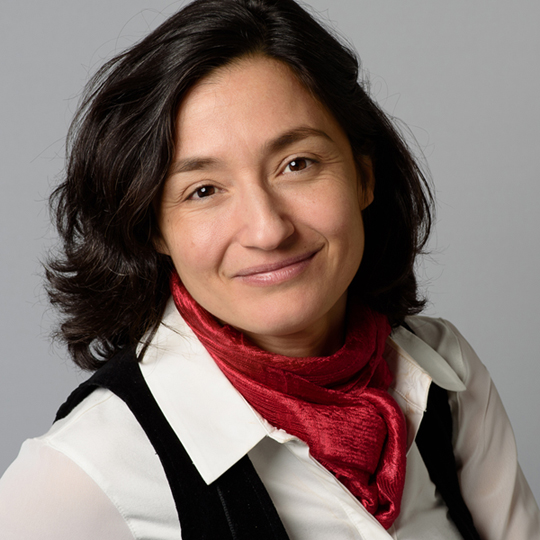 Maria Antonietta Loi, University of Groningen, Netherlands
Maria Antonietta Loi, University of Groningen, Netherlands
Maria Antonietta Loi studied physics at the University of Cagliari in Italy where she received the PhD in 2001. In the same year she joined the Linz Institute for Organic Solar cells, of the University of Linz, Austria as a postdoctoral fellow. Later she worked as researcher at the Institute for Nanostructured Materials of the Italian National Research Council in Bologna, Italy. In 2006 she became assistant professor and Rosalind Franklin Fellow at the Zernike Institute for Advanced Materials of the University of Groningen, The Netherlands. She is now full professor in the same institution and chair of the Photophysics and OptoElectronics group.
She has published more than 150 peer-reviewed articles on photophysics and optoelectronics of different types of materials. In 2012 she has received an ERC Starting Grant from the European Research Council. She currently serves as associated editor of Applied Physics Letters and she is member of the international advisory board of Advanced Electronic Materials and Advanced Materials Interfaces.
Talk title - Controlling surface trap density in hybrid perovskites
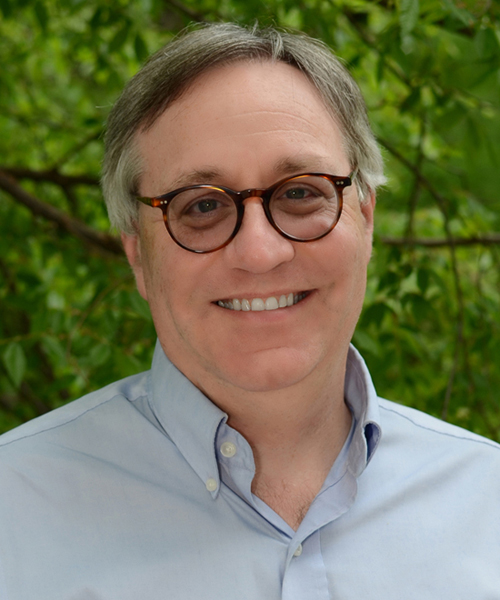 Seth Marder, Georgia Institute of Technology, United States
Seth Marder, Georgia Institute of Technology, United States
Seth Marder is currently the Georgia Power Chair of Energy Efficiency and Regents’ Professor in the School of Chemistry and Biochemistry and a Professor of Materials Science and Engineering (courtesy) at the Georgia Institute of Technology (Georgia Tech). Dr. Marder received his undergraduate degree in Chemistry from Massachusetts Institute of Technology in 1978 and his Ph.D. from the University of Wisconsin-Madison in 1985. After completing his postdoctoral work at the University of Oxford from 1985–1987, he moved to the Jet Propulsion Laboratory (JPL) at California Institute of Technology (Caltech).
Marder has serves on numerous advisory boards for journals and is the Founding Chair of the Editorial Board for the Royal Society of Chemistry flagship materials journal, Materials Horizons.
He is a Fellow of the American Association for the Advancement of Science (2003), the Optical Society of America (2004), SPIE (2006), the Royal Society of Chemistry (2007), the American Physical Society (2009) the Materials Research Society (2014) and The National Academy of Inventors (2016). He received a American Chemical Society A.C. Cope Scholar Award, and the MRS Mid-Career Award.
Talk title - The Development of Acceptors and Dopants for Organic and Hybrid Electronics
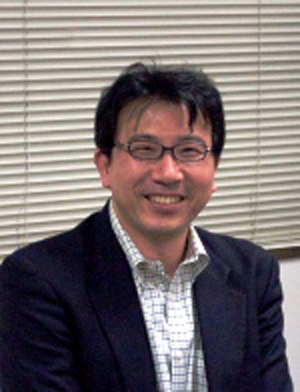 Junichi Takeya, University of Tokyo, Japan
Junichi Takeya, University of Tokyo, Japan
Jun Takeya is a Full Professor in Graduate School of Frontier Sciences at the University of Tokyo from 2013. He is also CTO in Pi-Crystal Inc. and in Organo-Circuit Inc.. He got his Ph.D. at the university in 2001 when he was a research scientist in Central Research Institute of Electric Power Industry from 1991. He was an Associate Professor in Graduate School of Science at Osaka University from 2006 and became a Full Professor in Institute of Scientific and Industrial Research at the same university at 2010 before moving to the current position. His research interests lie in the area of material science and device physics of organic electronics.
Talk title - Material, physics and circuits of high-performance organic semiconductor transistors
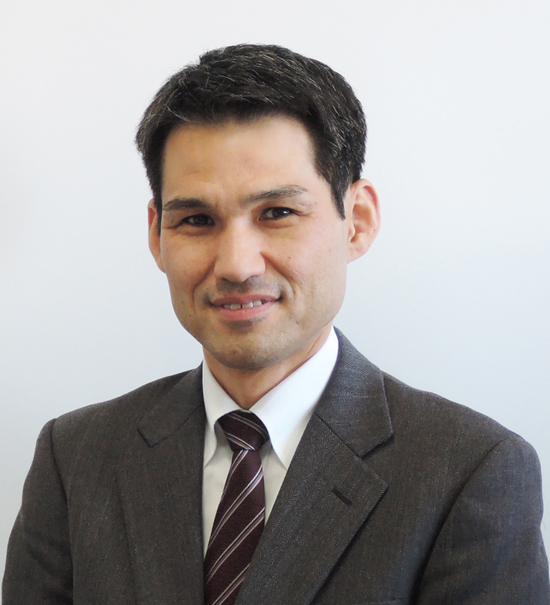 Kazuo Takimiya, RIKEN / Tohoku University, Japan
Kazuo Takimiya, RIKEN / Tohoku University, Japan
Kazuo Takimiya received his Ph. D. in 1994 from Hiroshima University under the supervision of Professor Fumio Ogura. Thereafter, he joined the Professor Tetsuo Otsubo’s research group at Hiroshima University where he studied organic conductors/superconductors. After returning from his stay in the Professor Jan Becher’s group in Odense University, Denmark (1997-1998), he was promoted to an associate professor in 2003, and to a full professor in 2007 at Hiroshima University. In 2013, his group moved to RIKEN Center for Emergent Matter Science (CEMS). He was then appointed to a professor in Tohoku University in 2017. His current interests are the syntheses, characterization, and application of organic semiconductors, especially heteroacromatic-based small molecule and polymer semiconductors to field-effect transistors, photovoltaics, and thermoelectric devices.
Talk title - Thienoacenes: molecules for organic semiconductors and beyond
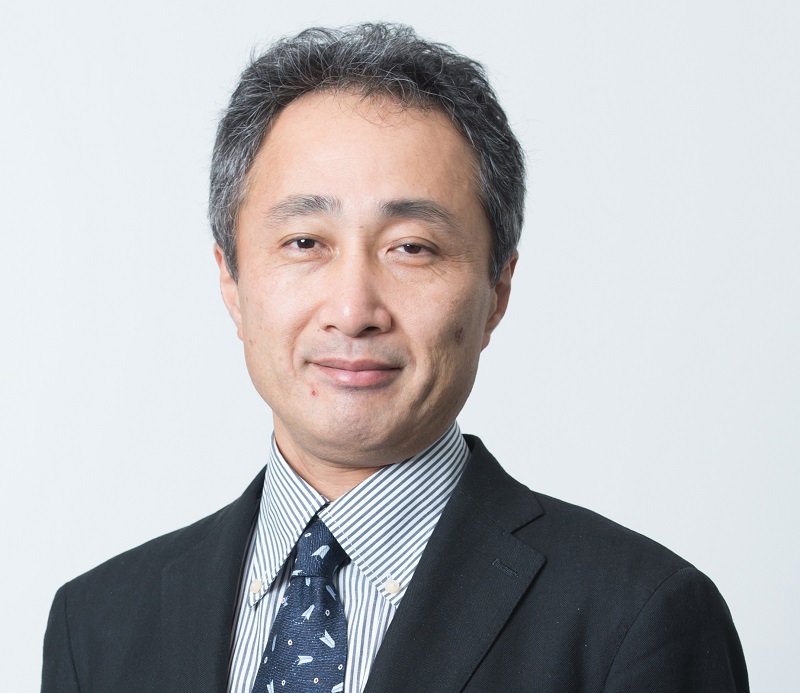 Kazuhito Tsukagoshi, National Institute for Materials Science, Japan
Kazuhito Tsukagoshi, National Institute for Materials Science, Japan
Kazuhito Tsukagoshi studied experimental research on transport physics in semiconductor microstructure, completing his PhD in 1995. After that he worked as a visiting associate in Cavendish laboratory (University of Cambridge, U.K.) and then in Hitachi Cambridge Laboratory (Hitachi Europe Ltd, U.K.). In 1999, he joined RIKEN (Japan) where he carried out research on carbon nanotube and organic electronics. He continued this research in AIST in 2008, and moved to WPI-MANA, NIMS in 2009. His current research focuses on ultra-thin functional devices to realize the next generation electronics. He was awarded The MEXT Young Scientists' Prize (2006) and JSPS prize (2013).
Talk Title: Heterojunctions for atomically thin 2D semiconductors based on two-dimensional transition metal dichalcogenides
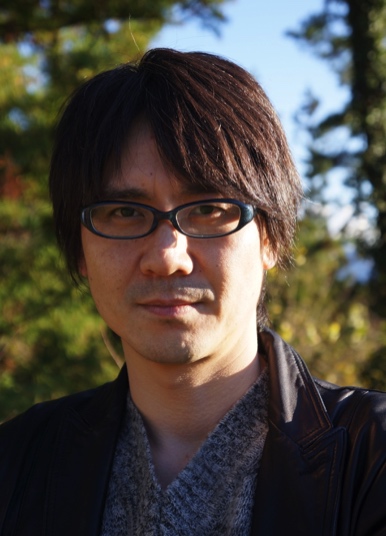 Shiki Yagai , Chiba University, Japan
Shiki Yagai , Chiba University, Japan
Shiki Yagai was born in 1975 in Yamanashi, Japan. He studied on self-aggregation of synthetic chlorophylls under the guidance of Prof. Hitoshi Tamiaki at Ritsumeikan University and received his PhD in 2002. Then he directly became an assistant professor of Chiba University, and became an associate professor in 2010. During 2006-2009, he pursued self-organized dye assemblies as a PRESTO researcher of Japan Science and Technology Agency. In July 2017, he became a full professor of the Institute for Global Prominent Research (IGPR), Chiba University. His research interests include supramolecular polymers, gels and liquid crystals of functional dyes and π-conjugated systems, photoresponsive molecular assemblies, organic solar cells and mechanochromic luminescence materials.
He has received The Japanese Photochemistry Association Prize for Young Scientist (2009), The Chemical Society of Japan Award For Young Chemists (2010), The Young Scientists’ Prize, The Commendation for Science and Technology by MEXT (2011), 1st Advanced Science Award from Chiba University (2012), Prof. Maruyama Memorial Award for Young Scientists (2012), Award for Encouragement of Research, The Kao Foundation (2012) and Sekisui Chemical (2012), Asia Core Program Lectureship Award (2014), Award for Encouragement of Research, Konica Minolta Science and Technology Foundation (2015).
His research interests include self-assemblies of functional molecules including supramolecular polymers, photo- and mechano-responsive materials, and organic photovoltaic materials.
Talk title - Exotic supramolecular polymers














